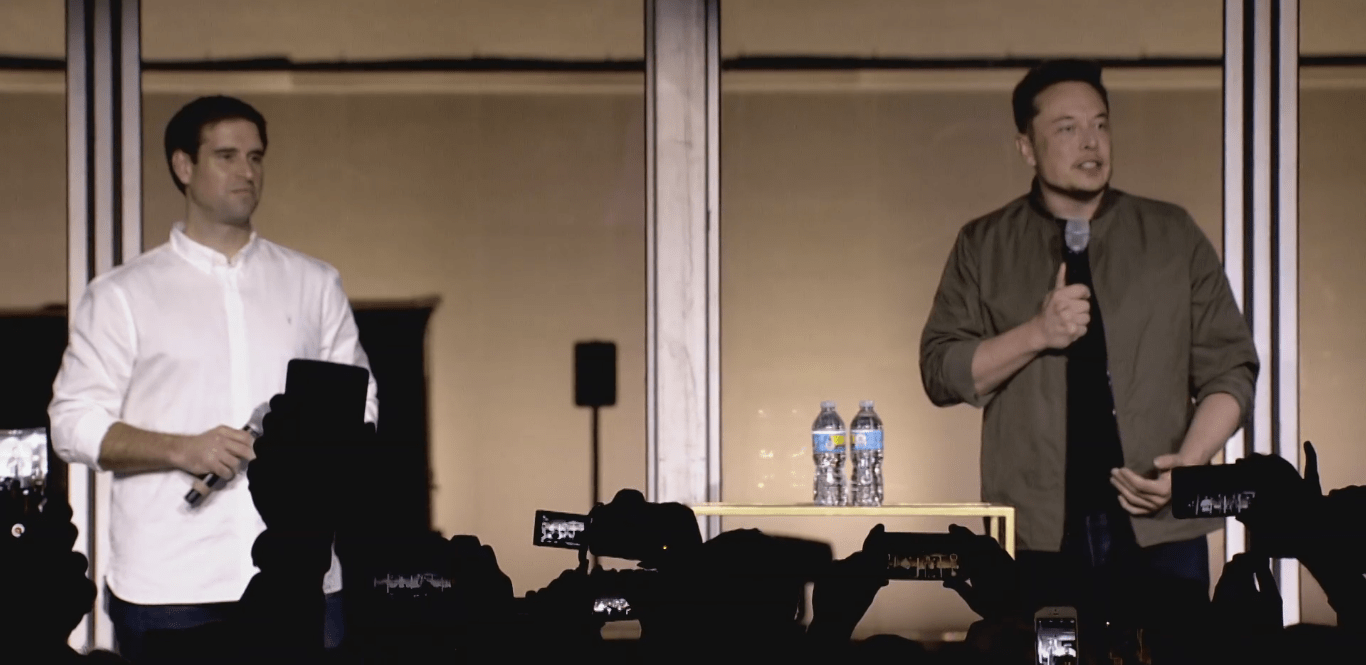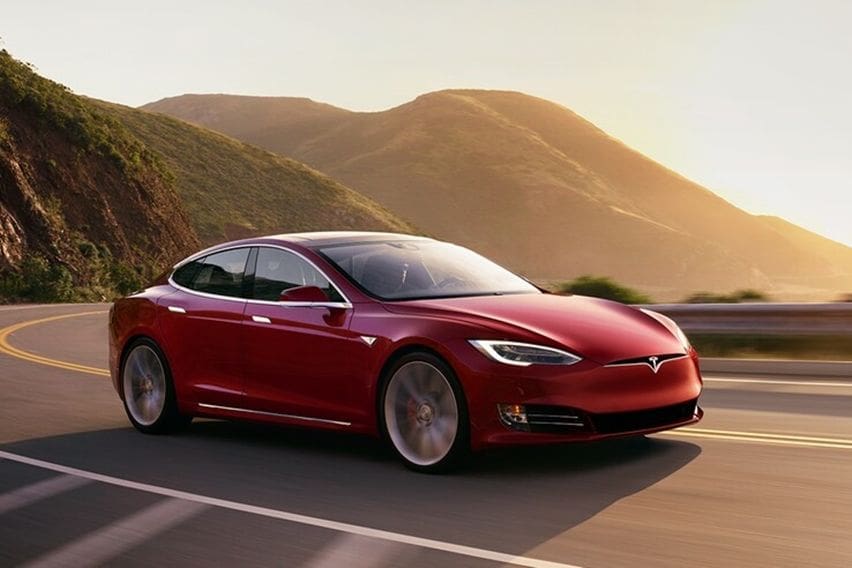Carlos Tavares, who unexpectedly stepped down as CEO of Stellantis on December 1, revealed that his resignation was due to disagreements with the company’s board over strategic direction. In an interview published Thursday, Tavares described his departure as “amicable,” though he did not provide specifics about the nature of his differences with the board. He emphasized that the decision to part ways was mutual, made in collaboration with Stellantis chairman John Elkann.
Sources familiar with the matter told Reuters that Tavares’ ousting was triggered by ambitious targets he set, which some board members considered unrealistic or potentially harmful to the company’s long-term stability. Tavares, however, expressed that his primary concern was ensuring the company’s protection from any misalignment that could disrupt its operations. He stressed the importance of alignment in a company with 250,000 employees, 15 brands, and global sales, noting that strategic management could not thrive in an environment lacking unity.
Reflecting on his departure, Tavares stated that he did not feel hurt by the outcome and would act in the same manner if given the chance to go back in time. His tenure, once marked by respect in the auto industry, faced increasing scrutiny after Stellantis issued a profit warning for 2024 in September, largely due to declining sales in North America. Dealers and analysts pointed to pricing strategies that alienated customers in both the U.S. and Europe under Tavares’ leadership.
In his first interview since resigning, Tavares described the current period in the auto industry as a “Darwinian” phase, where companies must adapt to challenges quickly. He likened the situation to navigating a storm, where the focus should be on steering the company through turbulent times rather than debating the best approach.








